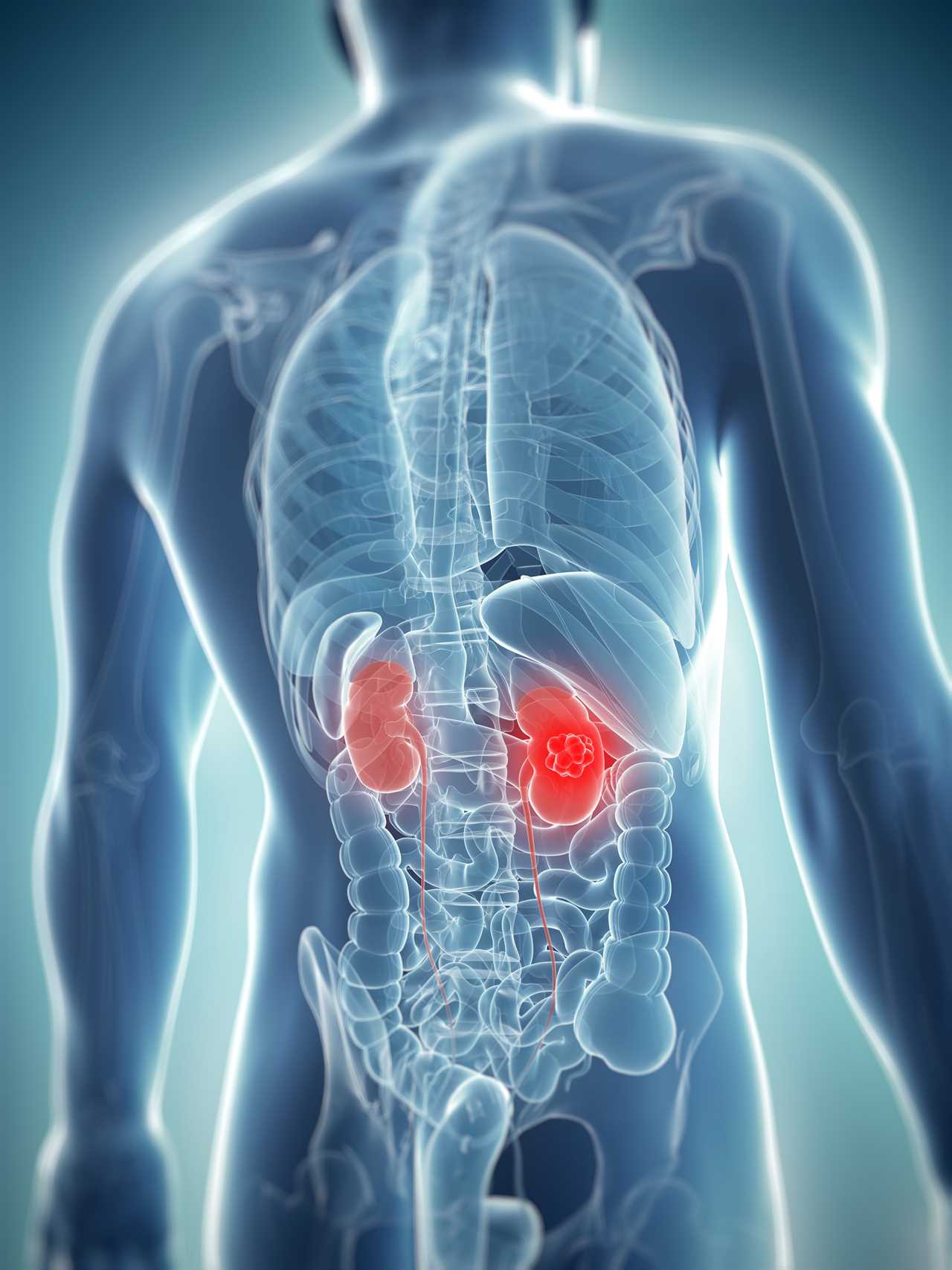THERE are often no obvious symptoms of kidney cancer, so it can be pretty tricky to spot.
But experts say there are some signs of the killer disease you can be on the lookout for.

Kidney cancer kills about 4,700 people every year in the UK
The most common is blood in the urine, known as haematuria, according to Cancer Research UK.
It won’t necessarily be there all the time, but you should always see your GP if it’s ever present.
One of the more unusual indicators is “very heavy” sweating.
The bizarre symptom, which often strikes at night, can also occur alongside a high temperature or fever.
While most people who experience this won’t have kidney cancer, it is important to get yourself checked out.
Other symptoms worth keeping an eye on include:
- A lump or swelling in your back, under your ribs, or in your neck
- Pain between your ribs and waist that does not go away
- Loss of appetite
- Losing weight without trying to
- Feeling tired or having no energy
The kidneys are two small organs on either side of your spine, just below your ribs.
They remove waste and extra fluid from the blood, turning it into pee.
Cancer of the kidney, also called renal cancer, happens when abnormal cells start to divide and grow in an uncontrolled way.
It is most common in people over 60, and is more frequently diagnosed in men than women.
Smoking and being overweight or obese increase your risk of developing it.
Around 13,300 kidney cancers are diagnosed in the UK each year, CRUK says.
There are about 4,700 deaths annually – or 13 every day.
It is the seventh most common cancer in the UK.
How it is treated depends on what type of kidney cancer you have, where it is and how big it is, if it has spread, and your general health.
Surgery, cryotherapy, radiofrequency ablation, targeted medicines, radiotherapy and chemotherapy are all options.






